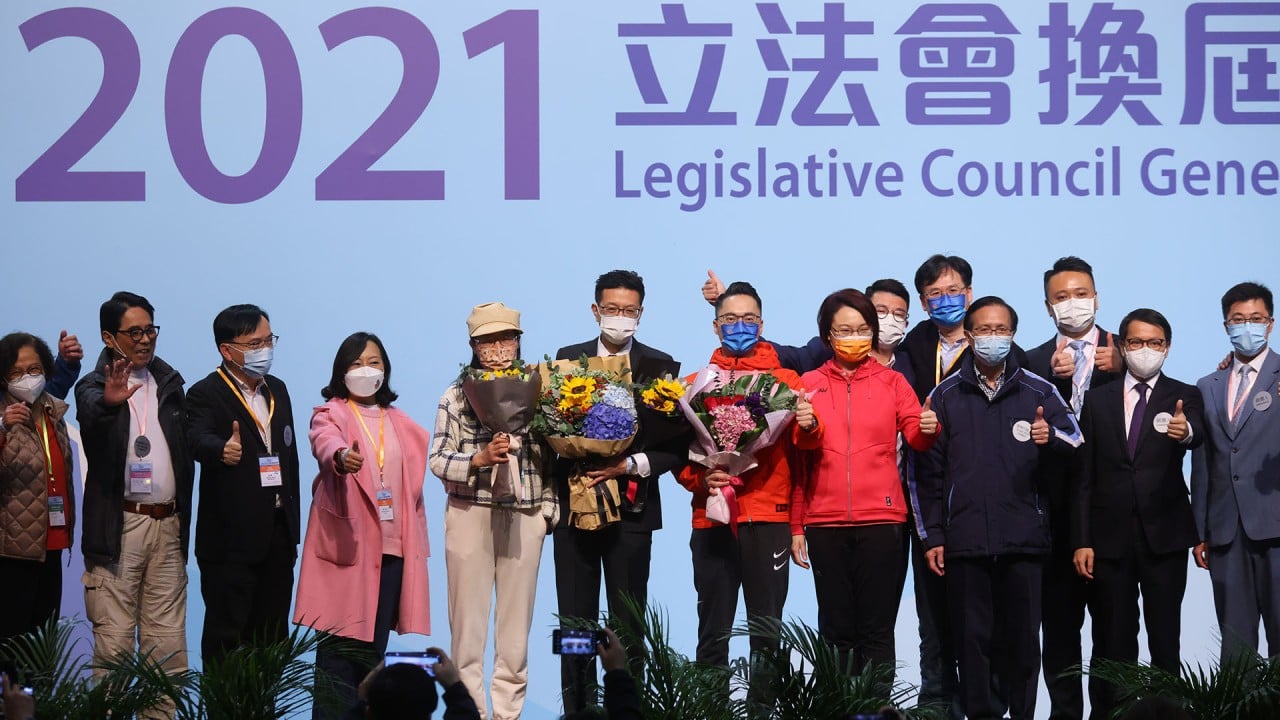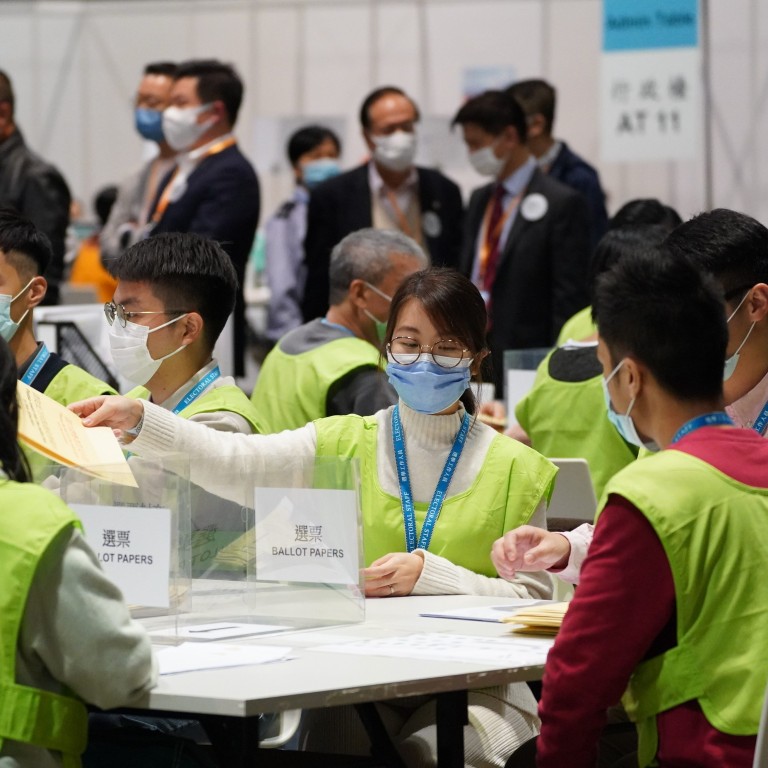
G7, EU, Five Eyes condemn Hong Kong elections while US sanctions five Chinese officials
- Joint statements by G7, EU and Five Eyes members Australia, Britain, Canada and New Zealand criticise Legislative Council elections that drew a record low turnout
- US action expands list of officials sanctioned under Hong Kong Autonomy Act, enacted after imposition of national security law
Foreign ministers of the seven countries and the High Representative of the European Union for Foreign Affairs Josep Borrell issued a joint statement about their “grave concern over the erosion of democratic elements” in Hong Kong.
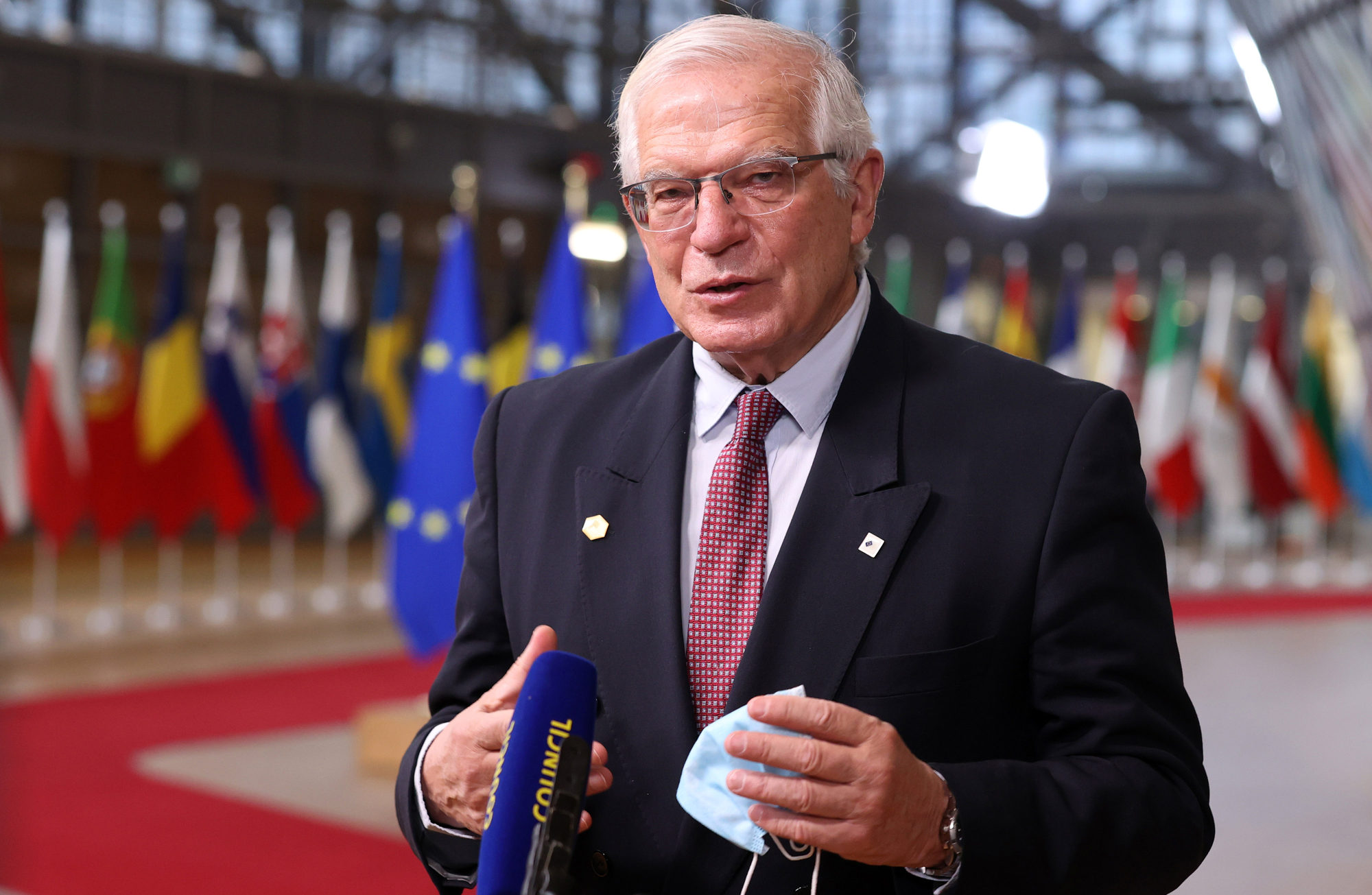
“We also call on the China and the Hong Kong authorities to restore confidence in Hong Kong’s political institutions and end the unwarranted oppression of those who promote democratic values and the defence of rights and freedoms,” the statement added.
A spokesperson for the Chinese foreign affairs ministry’s Office of the Commissioner hit back, saying the election reflected the public opinion of Hong Kong that social stability should be maintained.
“The British Hong Kong authorities implemented a policy of high pressure for a long time. Hong Kong people have never enjoyed real democracy, human rights and freedom,” the spokesman said in a statement.
“The politicians of these countries insisted on going their own way, opposing the mainstream public opinion of Hong Kong people and acting against the trend of justice, and they will surely take their own humiliation and reap the consequences.”
Hong Kong’s polls closed on Sunday with a record low turnout of 30.2 per cent – the lowest since the handover of Hong Kong’s sovereignty from Britain to Beijing in 1997, far less than the 43.57 per cent recorded in 2000.
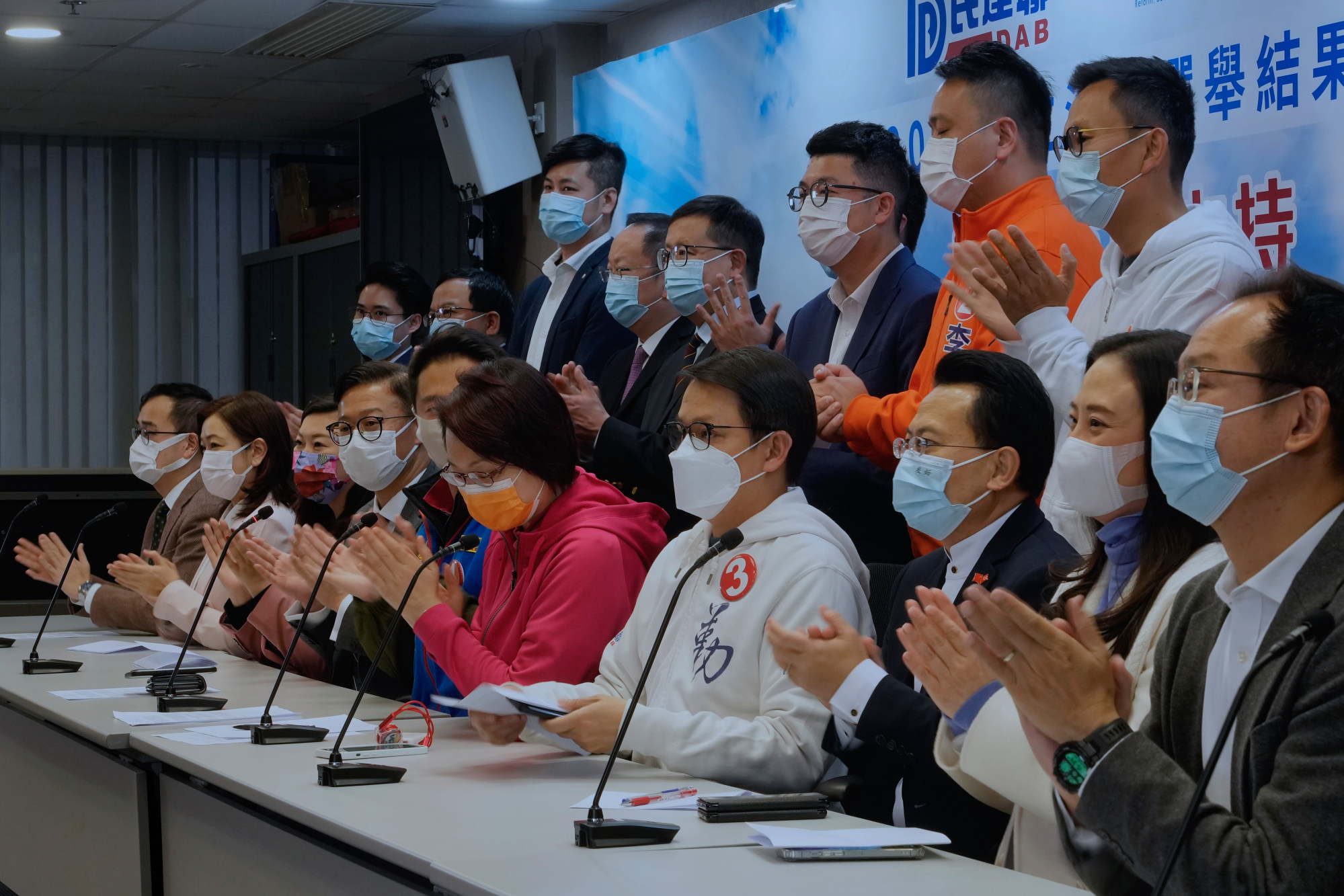
Issued by the department’s Office of Foreign Assets Control, the sanctions freeze any US-based assets of those targeted; American citizens and businesses are also generally prohibited from dealing with them.
A joint statement by the “five eyes” governments of Australia, Britain, Canada, New Zealand and the US, said that the election “severely” restricted the range of political views that city voters had been able to choose from.
Hong Kong pro-establishment camp can now ‘do anything’, defeated moderates warn
“We urge the People’s Republic of China to act in accordance with its international obligations to respect protected rights and fundamental freedoms in Hong Kong, including those guaranteed under the Sino-British Joint Declaration”, the agreement that paved the way for the 1997 handover.
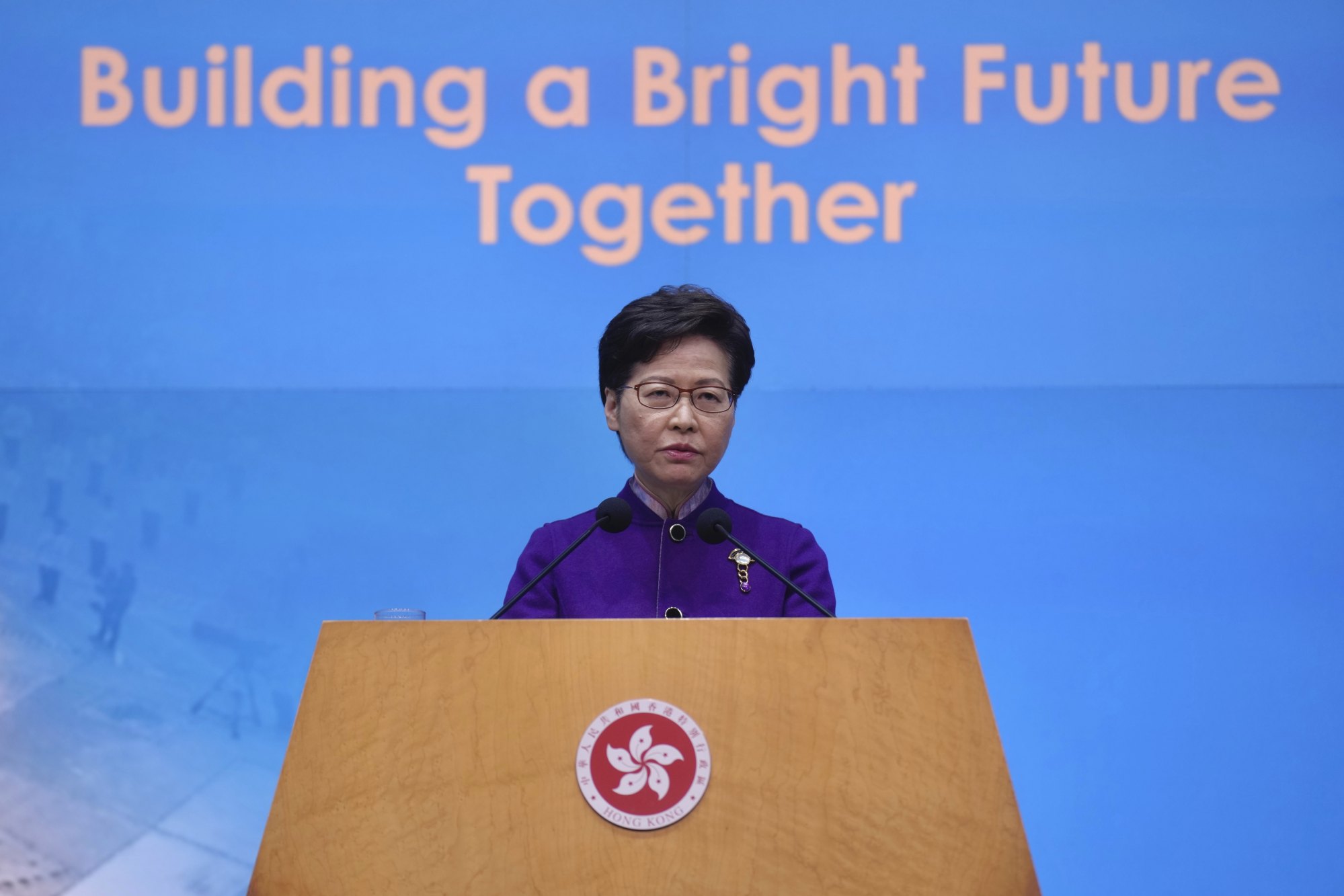
Separately on Monday, the US State Department updated its report last year about the status of Hong Kong measured against the Joint Declaration, which was authorised by the Hong Kong Autonomy Act.
The newspaper folded shortly after Hong Kong’s national security police detained its lead editorial writer on suspicion of conspiracy to collude with foreign forces in relation to a series of articles published by the paper allegedly calling for foreign sanctions. Five top executives had been detained a week earlier.
Hong Kong pro-establishment camp can now ‘do anything’, defeated moderates warn
These developments “demonstrate that the PRC continues to undermine Hong Kong’s high degree of autonomy and that foreign persons have materially contributed to the failure of the PRC to meet its obligations under the joint declaration and Basic Law,” the report said, using the acronym for the People’s Republic of China.


